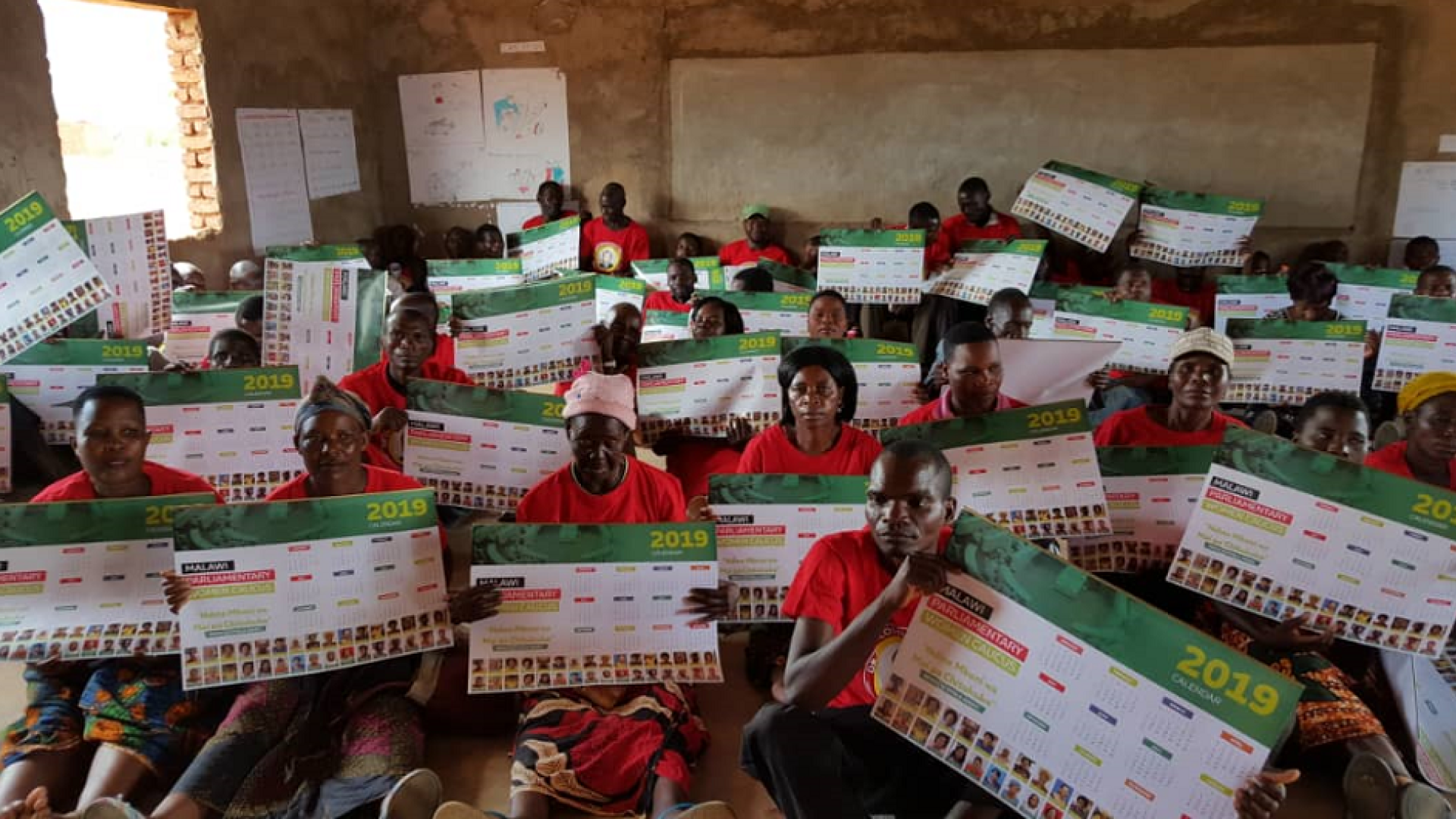Scottish National Party’s support for cross-party women MPs in Malawi

Scotland and Malawi have one of the strongest people to people links in the world, with 46% of Scots able to name a friend or family member with a connection to Malawi.
This historic partnership and the Scottish National Party’s (SNP) positive experience of women in leadership meant supporting the Parliamentary Women’s Caucus of Malawi through the SNP WFD programme was obvious.
The Women’s Caucus, a cross-party group of over 30 women MPs representing rural and urban areas of Malawi, want to ensure women’s voices are heard and their rights valued. However, women from all political parties are subject to alarming levels of abuse, intimidation and in some cases physical assault. This level of gender-based violence is set to increase in the lead up to the general election scheduled for 21 May.
Bullying and intimidation of women during the primaries to stop them running for election was prominent. Undeterred by the discriminatory behaviour the Women’s Caucus continued campaigning and as a result 31 out of the 32 members are standing again.
The SNP WFD office supported these campaigning efforts by providing visibility tools to promote the work and achievements of the Caucus. This included calendars showcasing the women and their achievements at constituency and policy level, as well as and posters promoting the importance of supporting women in politics.
Our collaboration with the local 50:50 campaign through the Centre for Civil Society Strengthening sent Election Observation Officers to primary elections, which in one case secured a successful appeal for a member of the Caucus.
The Women’s Caucus are at a significant disadvantage when it comes to financial support for effective campaigns. Local fundraising is not considered an acceptable practice in Malawi. This means Caucus members are not able to raise large sums of money compared to male counterparts who have personal wealth, friends and business partners to provide financial support.
To overcome this barrier, a Go Fund Me page was established with SNP-WFD assistance. All funds raised on Go Fund Me will be equally distributed amongst the 31 candidates to spend on their campaign. Due to strict laws on financial contributions, NGOs and other organisations such as WFD are unable to financially support the women’s election campaign. However, it is hoped those who want to see these brave and experienced women re-elected will donate what they can.
Campaign rallies are places where female candidates are most vulnerable to acts of intimidation and violence. In January, a women activist was stripped of her clothing by a group of men supporting another political party. This unacceptable act of violence was met with swift action by the PWC. Political party campaigning was halted and the Caucus held a coalition press conference, with NGOs and local activists, to condemn this violence and demand the Government take action to ensure the perpetrators are brought to justice.
In wake of this increasing violence, the SNP WFD office, in collaboration with the Malawi Law Society are establishing a report and response unit so victims of abuse can access legal support. So far 79 lawyers have offered their services, office space for the unit has been secured and equipment with digital support staff confirmed.
With less than two months to go before the Tripartite election, the stakes are high and the PWC are determined to continue campaigning despite mounting financial barriers and sexist abuse. The SNP WFD office will continue to support our partners in their endeavours and look forward to seeing the Caucus return to Parliament.